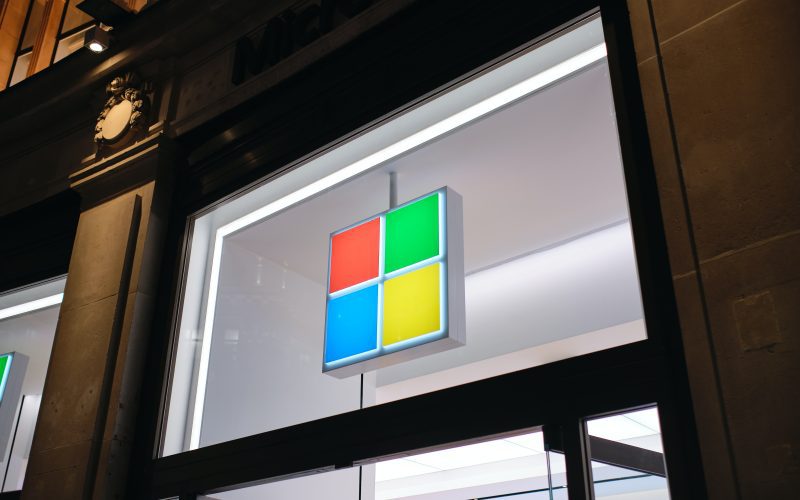EU Investigation into Microsoft’s Bundling Practices
Microsoft, the tech giant renowned for its suite of productivity tools, is currently under scrutiny as the European microsofts Union launches an investigation into its bundling practices. Specifically, the focus of the probe revolves around Microsoft’s integration of Teams, its collaboration platform, with the popular Office suite. This article delves into the details of the investigation, the potential antitrust concerns it raises, and the implications for both competition and users.

Understanding Microsoft’s Bundling Strategy
Microsoft’s bundling strategy involves the combination of Teams, a communication microsofts and collaboration tool, with Office, its flagship productivity suite. By integrating these two powerful platforms, Microsoft aims to provide a seamless and integrated experience for its users. Teams offers real-time messaging, video conferencing, and file sharing capabilities, while Office encompasses essential applications such as Word, Excel, and PowerPoint. This bundling approach allows users to conveniently access both collaboration and productivity tools within a single ecosystem.
Antitrust Concerns and Implications for Competition
The European Union’s investigation into Microsoft’s bundling practices stems from concerns over potential antitrust violations. The central issue at hand is whether the bundling of Teams and Office could stifle competition in the collaboration software market. Critics argue that by preinstalling Teams alongside Office, Microsoft may gain an unfair advantage over its competitors, limiting consumer choice and hindering innovation in the market.
Furthermore, some industry players claim that Microsoft’s dominant position in the productivity software sector could enable it to leverage its bundling strategy to the detriment of rival platforms. This investigation seeks to determine whether such practices constitute anti-competitive behavior and if they violate EU competition laws.
Impact on Users and Future Outlook
The outcome of the EU investigation will have significant microsofts implications for both Microsoft and its users. If the bundling practices are deemed anti-competitive, the EU may impose fines and require Microsoft to modify its approach. This could potentially lead to the separation of Teams from the Office suite, giving rise to a more level playing field in the collaboration software market.
For users, the investigation represents an opportunity to evaluate the impact of Microsoft’s bundling strategy on their digital experiences. While the integration of Teams and Office may offer convenience, it is essential to consider the potential limitations on choice and the availability of alternative collaboration tools. Depending on the investigation’s outcome, users may witness changes in the bundling landscape, with new players entering the market or existing ones gaining more prominence.
In conclusion, the EU investigation into Microsoft’s bundling of Teams and Office highlights the growing scrutiny surrounding tech giants and their market dominance. By closely examining potential antitrust concerns, the EU aims to ensure fair competition and protect consumer interests. As the investigation unfolds, the impact on both Microsoft and its users remains to be seen, potentially shaping the future of collaboration software and the broader tech industry.











